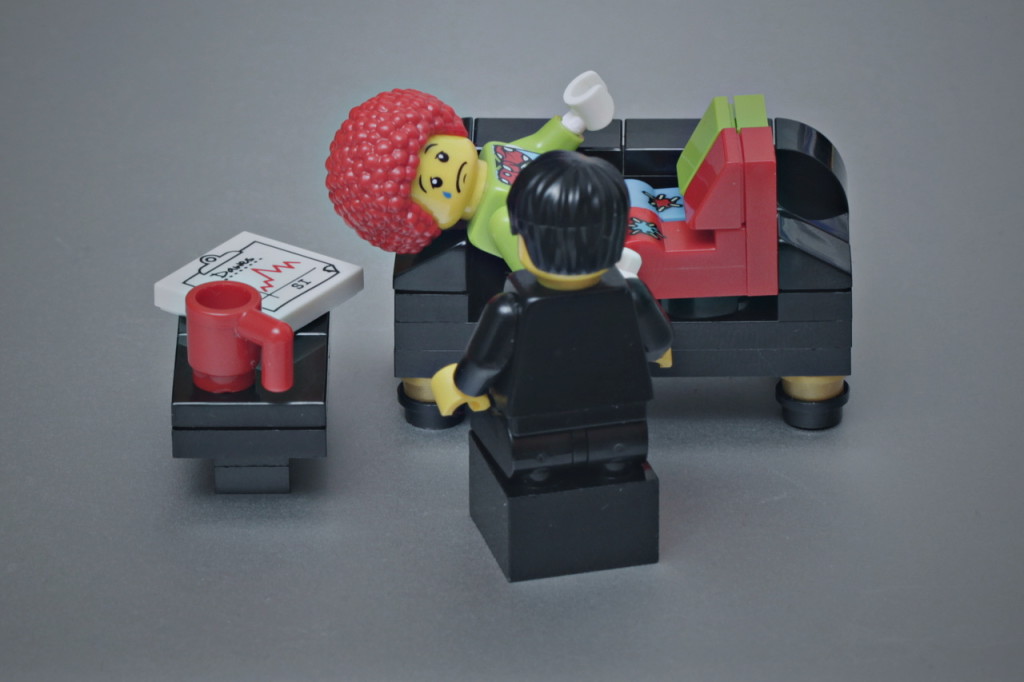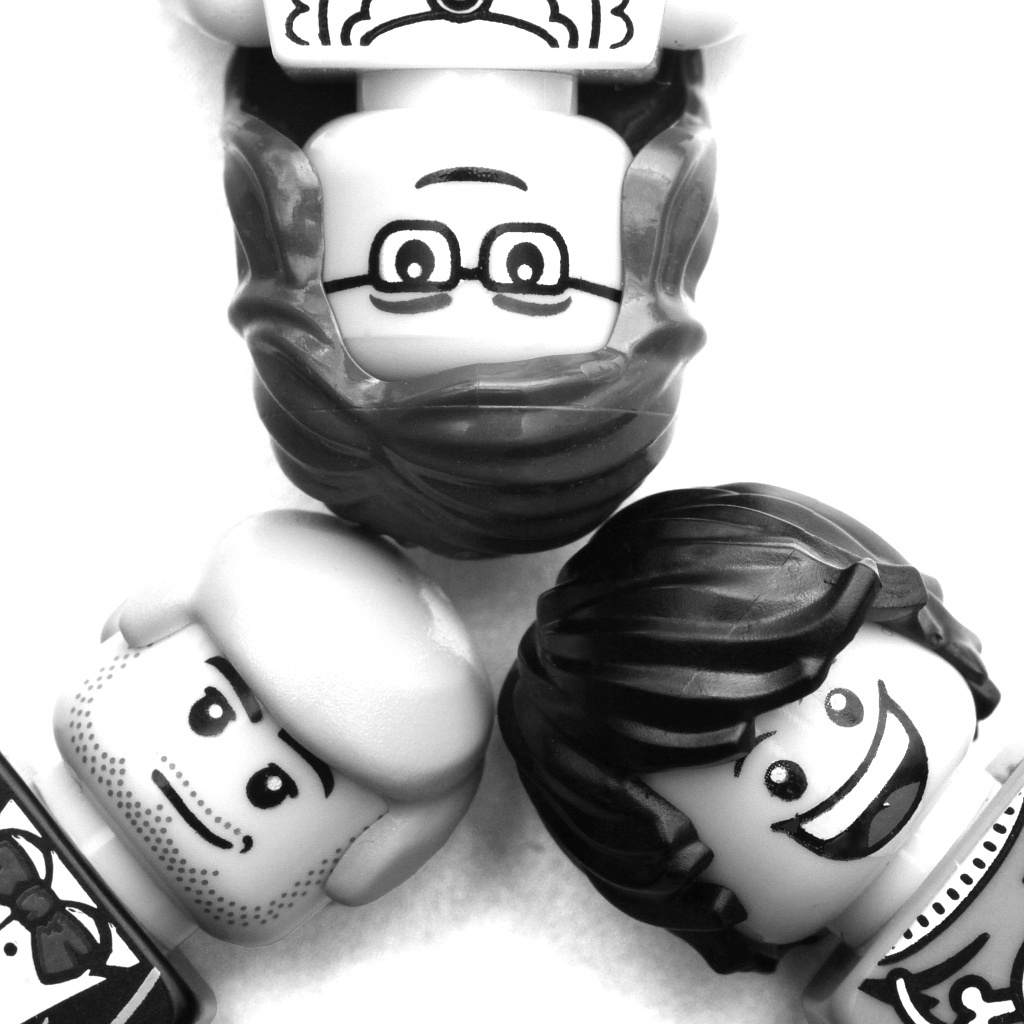 “So, what brings you here today?” asks the doctor.
“So, what brings you here today?” asks the doctor.
“Well, I asked my G.P. about getting assessed for Adult ADHD, and she referred me to you.”
“And what makes you think you might have ADHD?”
“Well, I was reading an article — wait, that’s not the right place to start. My mom died about six years ago, after a stint in Hospice, and that was horrible, and I was working with Dr. So-and-So on grief counseling, and one of the problems I was having – like I wasn’t having enough problems, but the one I was focusing on was compulsive overeating. I had a toddler and a baby, and I’d come home from the hospital, and put the kids to bed, and just inhale everything I could get my hands on, and I knew it was out of control.”
He nods. I imagine he’d already made his diagnosis by the time I ran out of breath, but he’s a kind man and I paid for 50 minutes already.
“So she had me reading some material about magical thinking and weight problems, and lately I was thinking I should revisit that, and an internet search led me to some articles on the relationship between magical thinking, weight problems, and ADHD, especially in women. And when I read the description of how ADHD manifests in girls and women, and so often gets missed, it was my life. It was my whole life.”
“So I got a whole bunch of library books — I got the Daniel Amen one, and Driven to — no, not that one, the updated one — Delivered from Distraction, and one called Queens of Distraction, and there’s one I’m reading right now called FAST Minds –“
“What was that?”
“FAST Minds — it’s about ADHD being a collection of traits that everyone has, but it depends on the frequency and the intensity –”
He nods some more.
“And so I asked my G.P., and she sent me to you.”
So he started asking me some questions. Easy ones. Ones to which the answers were very obvious and did not need a whole lot of introspection or second-guessing.
Questions that started, “Do you find that…” and “Would you say you often…” and “Have you noticed…” Questions about restlessness, and fidgeting, and blurting, and forgetfulness, and disorganization, and Brain Fail moments that just make no sense at all. (Like, how could I have missed an entire page of notes? I checked that document three times. Three times!)
He asked about my mind wandering in lectures, or even in conversations, and I confessed: Until I started reading these books, I thought everybody did that. Really. I thought everybody had this other Walter Mitty life going on inside their heads all the time, and they were just better at hiding it than me, or else they were so much more caring and empathic, or spiritually superior, that they could ignore it and devote their minds to God and their fellow humans in a way that I am not capable of. Because I am bad, and shallow, and self-involved, and really rather dumb.
I told him how, in grade school, my teachers let me get away with reading paperbacks under my desk and writing stories and drawing pictures in my notebook, because my mental police scanner always clued me in with the right answer when it counted, and my grades were fine. That I’d operated on two channels my whole life, but that I used to be better at monitoring the external channel. Now, with kids and trying to build a writing career, and the Internet, I get lost on the wrong frequency much too often and I’m not doing the things I want to with my days — the things I know I could be doing, and should be doing, because they are important to me.
I told him how I loved acting because it demanded every part of me, and total presence in the moment, and knowledge and experience on every subject in the world, and physical engagement, and emotional connections, and massive adrenaline rushes. I told him how I’d avoided the theater community since moving here, because it is so all-consuming, and my kids do need to be clothed and fed and hugged and monitored for basic hygiene on a semi-regular basis.

Less than halfway into the session his wording changed to, “People like us often …” and “We sometimes have difficulty with…”
You see, the doctor has ADHD too. He’s very up front about that. I had suspected as much from the extremely detailed and repetitive instructions his office manager had given me on the phone. And the fact that I didn’t get the email with the new patient forms until I called to follow up on it. And the way they had me swipe his phone for the co-pay, so he’d have a paperless record. And when we met and had that instant rapport that People Like Us often do have. It’s not a secret handshake, it’s a look in the eye — like semaphore. Like we can see the electrical activity dancing behind the eyes. “Are you one of them? Nope, you’re one of us. Welcome.”
I understand that a lot of people don’t like to talk about their ADHD in a public or professional setting, because they are sensitive about being labeled with a disorder, or as less capable, or stupid, or flakey. My feeling now is similar to the epiphany I had when I stopped trying to dress slimmer and hide my fat: Everybody else can see it already. The only person I’m fooling is myself. And how does fooling myself help me get healthy? Not at all, that’s how.
So, for everybody who already thinks I’m flakey, or possibly stupid, or less capable (beginning with myself), here goes: Like at least 4% of American adults, I have ADHD. This statistic is actually kind of bullshit, because if you make it to your mid-40’s like I did, without being diagnosed, chances are you’ll continue to struggle, and you may never get diagnosed at all. Having ADHD doesn’t mean you’re incapable of anything you want to do in life. It does mean that you are working much, much, harder than most people do on the basics. You know all those productivity tips about goal-setting and making lists? Oh, we make lists. We make lists of our lists. We can make obsessively beautiful and detailed lists of everything that needs to be done for a Pinterest-looking home and world domination — and then go write a screenplay, or build a playhouse for the kids, or scrub the bathtub grout with a toothbrush. “Oh!” we say, as we lie there exhausted. “I didn’t do anything on my list today. I’m so lazy.”
I have ADHD, combined subtype. That means I have the symptoms of both hyperactivity and inattentiveness. This was a surprise, as I am rather blobby and love my couch. However, hyperactivity does not always manifest in stereotypical “hyper kid” behavior (especially when coupled with a dying thyroid gland). It shows up as spurts of talkativeness, interrupting, non sequiturs, lack of volume control; unpredictable “jags” of preoccupation on a project or topic, that leave as suddenly as they arrive; constantly needing something to do while waiting in line or attending a lecture; an urge to move around that can make parties or talking on the phone uncomfortable; the inability to Let Things Drop, long past the point that it’s not productive or helpful or even fun anymore.
Being the smart people we are, we can often learn to redirect these impulses, to appear less rude. Socially-acceptable hyper behaviors include making people laugh, hunting in one’s purse for lotion or ChapStick, doodling, note-taking, playing with hair, jewelry or phones, or knitting. (I wonder how much of the impact hyperactivity has on men is related to the social barrier to them carrying a purse? I hate to think how I might have acted out over the years, if I didn’t have something in my purse to mess around with. I mean, what have guys got? Their pockets. And NOBODY wants to be the guy in line at the post office messing around in his pocket. Ew.)
I’ve been attempting to selectively tell people my news, but of course I often wind up blurting it out at odd moments, because it’s the new thing, and the new thing is always SO VERY LOUD IN MY HEAD. Interestingly, people’s reactions are based less on how long or how well they’ve known me, and almost entirely on how much they know about ADHD. Lifelong friends and family who aren’t familiar with real-life ADHD are incredulous. “You? But you did so well in school!”
Those who have encountered it in their households, or in themselves — even mere acquaintances just nod. “Of course.”
More than one person I am close to (not naming any names, You) has gotten a faraway look when I describe my experiences and said, “I thought everybody was like that, and they were all just better at hiding it.”
Yeah, no. Go talk to your doctor. Knowing how to take care of yourself properly makes a huge difference. But the biggest difference is all the time you save when “Self-Flagellation” comes off your to-do list, permanently. Now, if you’ll excuse me, I’ve sat here a long time writing this, and I need some ChapStick.
